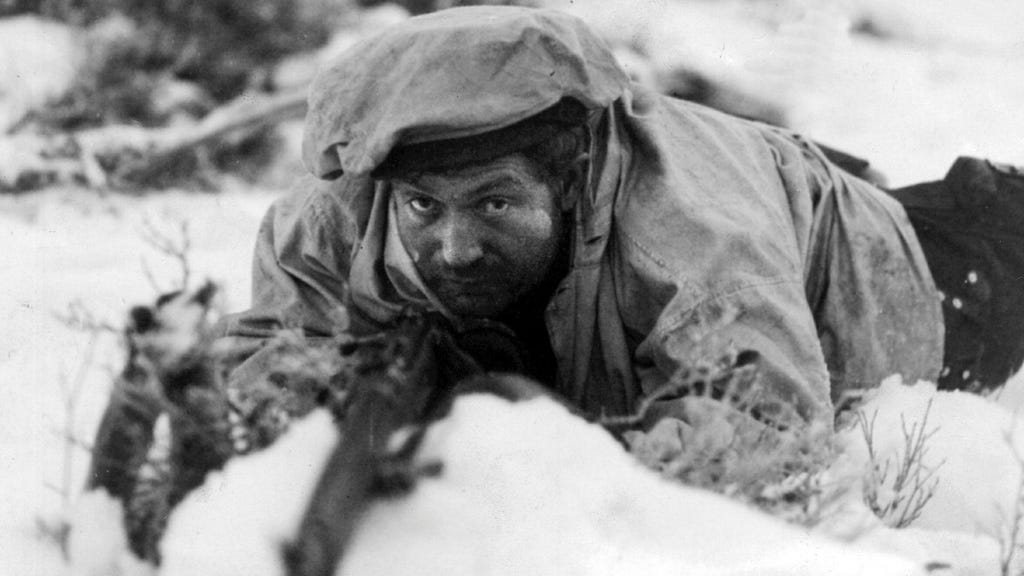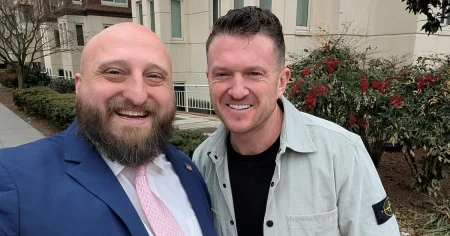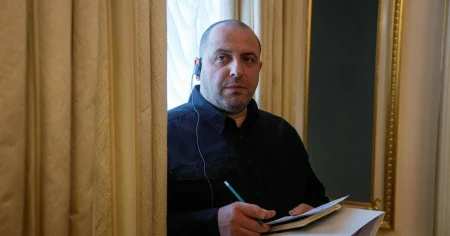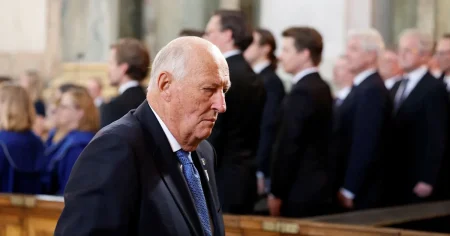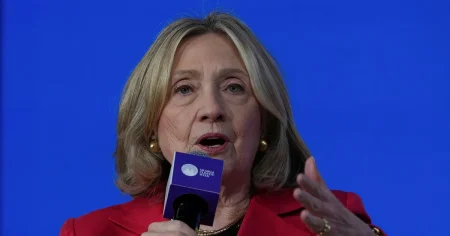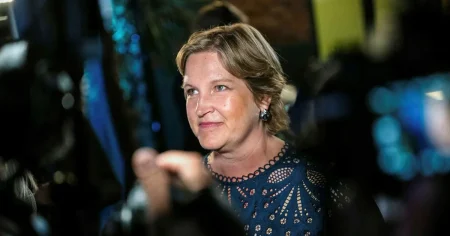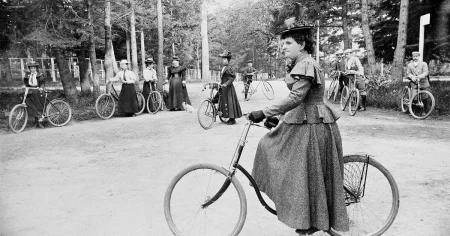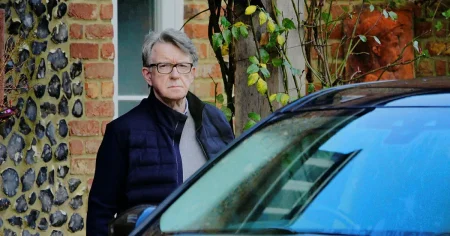The political landscape in Germany is fraught with tension as a debate rages over a proposed €3 billion aid package for Ukraine. While a majority in the Bundestag, including the Christian Democratic Union (CDU), the Greens, the Liberals, and influential members of the Social Democratic Party (SPD), support the initiative, Chancellor Olaf Scholz stands firmly opposed. Scholz, facing a challenging re-election bid, has publicly framed his opposition as a measure to protect pensioners’ funds, positioning himself as a ”peace chancellor” amidst rising anxieties about the ongoing conflict. This stance, however, puts him at odds with key figures in his own government, including Foreign Minister Annalena Baerbock and Defense Minister Boris Pistorius, both staunch advocates for increased military aid to Ukraine.
Complicating the situation further is the impending change in US leadership. With the imminent inauguration of a new president who has pledged to initiate peace talks between Russia and Ukraine, a sense of urgency hangs over the debate in Germany. Concerns have been raised about the potential impact of such negotiations on Ukraine’s position, particularly if they are forced to enter talks from a weakened military standpoint. The fear is that Russia, under President Putin, will exploit any perceived vulnerability, leveraging it to secure advantageous terms in a peace agreement. This concern is compounded by the uncertainty surrounding the new US administration’s commitment to supporting Ukraine, potentially leaving the country isolated in its negotiations with Russia.
Ukraine, aware of the precariousness of its situation, is striving to bolster its defenses and reverse the tide of the conflict in the east, where Russian forces are steadily gaining ground. The proposed German aid package, which aligns with a list of requested military equipment submitted by the Ukrainian Ministry of Defense, is seen as crucial for achieving this objective. The list includes vital defensive and offensive capabilities, such as IRIS-T air defense systems, howitzers, Patriot missile batteries, and much-needed artillery ammunition. These resources are considered essential for countering the evolving Russian tactics, which have adapted to overcome initial setbacks and pose a growing threat to Ukrainian forces.
The pressure on Chancellor Scholz to reconsider his opposition to the aid package is mounting, especially within his own party. Prominent SPD members are publicly urging him to heed the majority view in the Bundestag and approve the assistance before the upcoming elections. They argue that delaying the decision not only weakens Ukraine’s position but also sends a mixed message to Russia and the international community about Germany’s commitment to supporting its embattled neighbor. This internal pressure, coupled with the external urgency of the situation in Ukraine, creates a complex political dilemma for Scholz, forcing him to balance domestic political considerations with the demands of international diplomacy and security.
The historical parallels to Finland’s situation during the Winter War of 1940 add another layer of complexity to the current debate. Like Ukraine today, Finland faced a relentless Russian advance and the prospect of dwindling international support. Despite promises of assistance from Great Britain and France, the aid was delayed and insufficient to decisively alter the course of the war. Ultimately, Finland was forced to negotiate a peace agreement from a position of weakness, resulting in significant territorial concessions to the Soviet Union. This historical precedent serves as a stark reminder of the potential consequences of delayed or insufficient aid, underscoring the urgency of Ukraine’s plea for support.
Ukraine is acutely aware of this historical parallel and is determined to avoid a similar fate. The continuous delays and limitations of Western aid force Ukraine into a difficult calculation: how long can they afford to wait for more substantial support? Negotiating prematurely and from a weakened position risks allowing Russia to dictate unfavorable terms, while waiting too long could lead to further territorial losses and a potentially catastrophic outcome. This precarious balancing act highlights the critical need for timely and decisive action from Germany and other Western allies to prevent a repeat of the tragic consequences of the Winter War. The decision facing Chancellor Scholz, therefore, is not merely a matter of domestic politics, but one with potentially profound implications for the future of Ukraine and the stability of the region.





